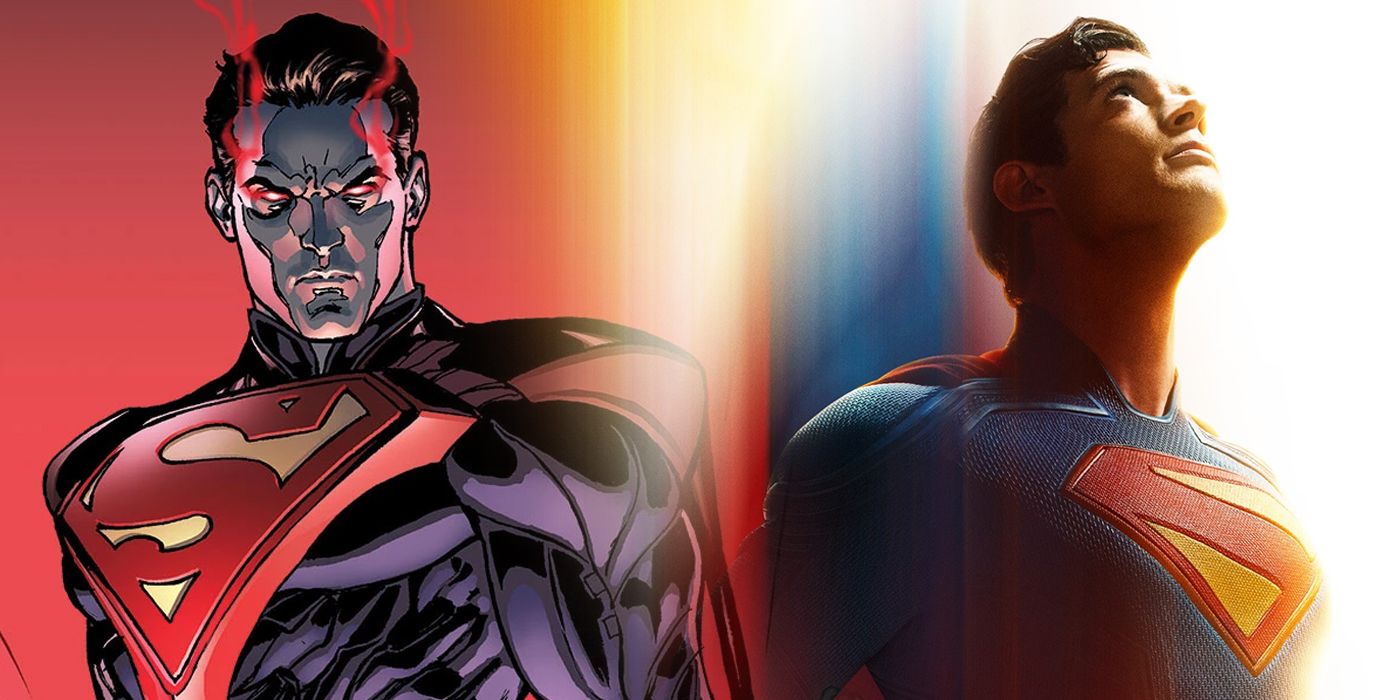
With the DCU doing the opposite of the DC Extended Universe and featuring a hopeful Superman, several dark stories likely won’t be adapted. This is definitely for the best, as it means avoiding tales that have increasingly become controversial. Best of all, it means that much more fitting influences from the Man of Steel’s history can be drawn upon, which accurately showcases what makes him work as a concept.
10. Superman: Red Son Had a Confused Soviet Superman
Created by: Mark Millar, Dave Johnson, Andrew Robinson, Walden Wong and Killian Plunkett
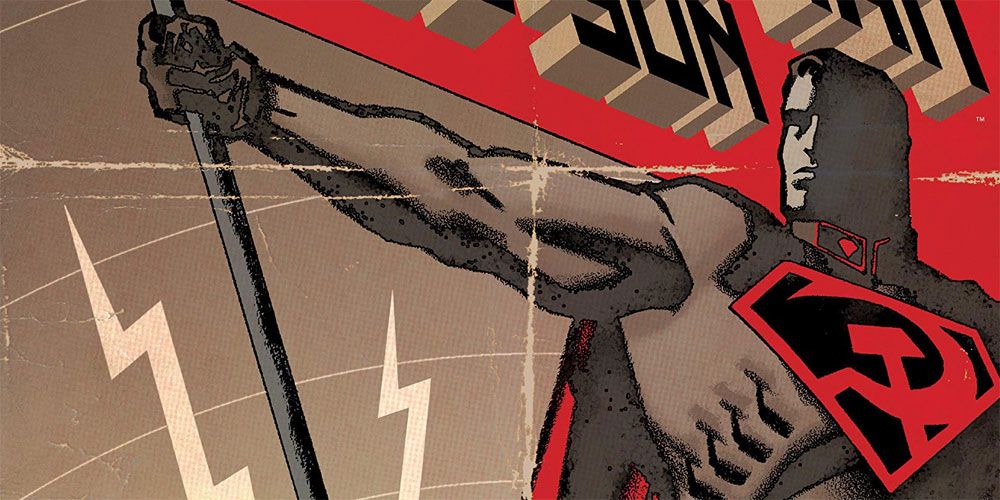
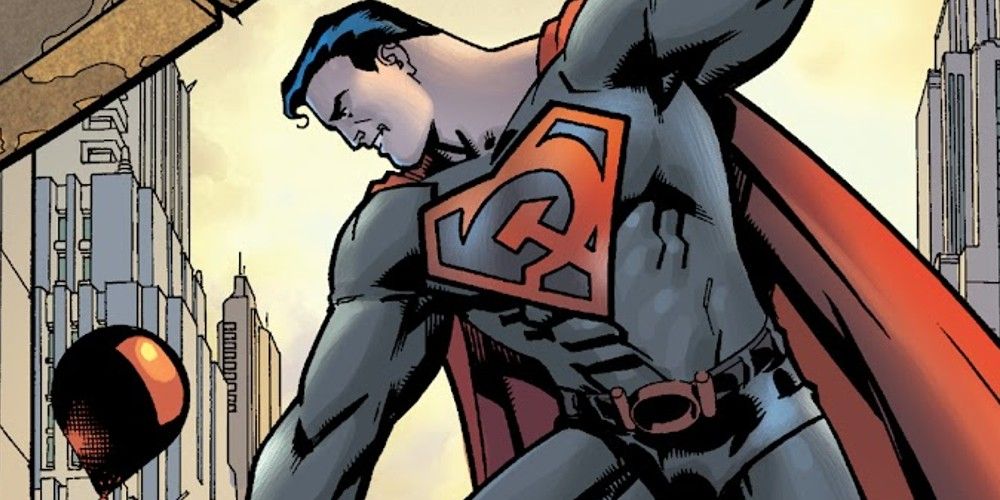
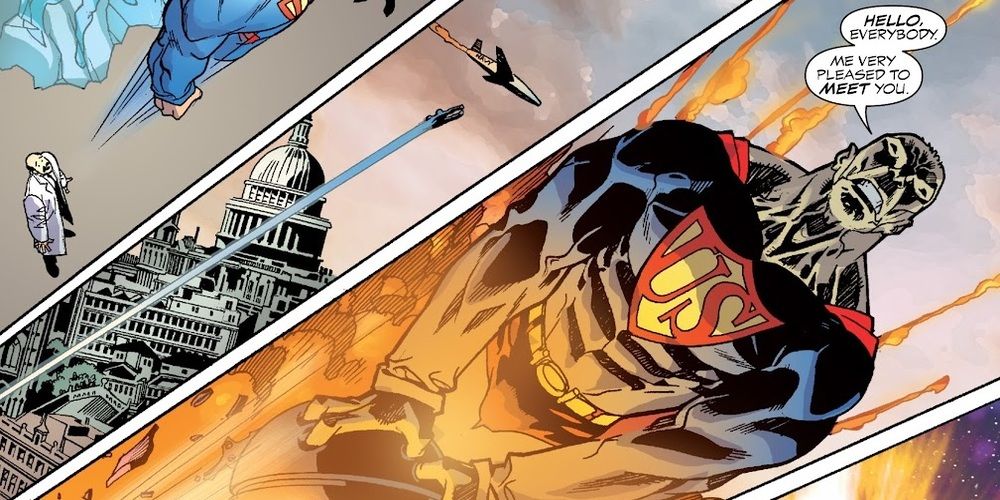

Superman: Red Son is a great story but features one of the many “evil versions of Superman” in comics. This version is much more benevolent and not an outright tyrant, but he’s still far from his usual self. Add in its highly divergent nature and there’s no way this would ever be adapted for James Gunn’s new DCU.
9. Superman: The Dark Side Is Truly Apokoliptic
Created by: John Francis Moore and Kieron Dwyer
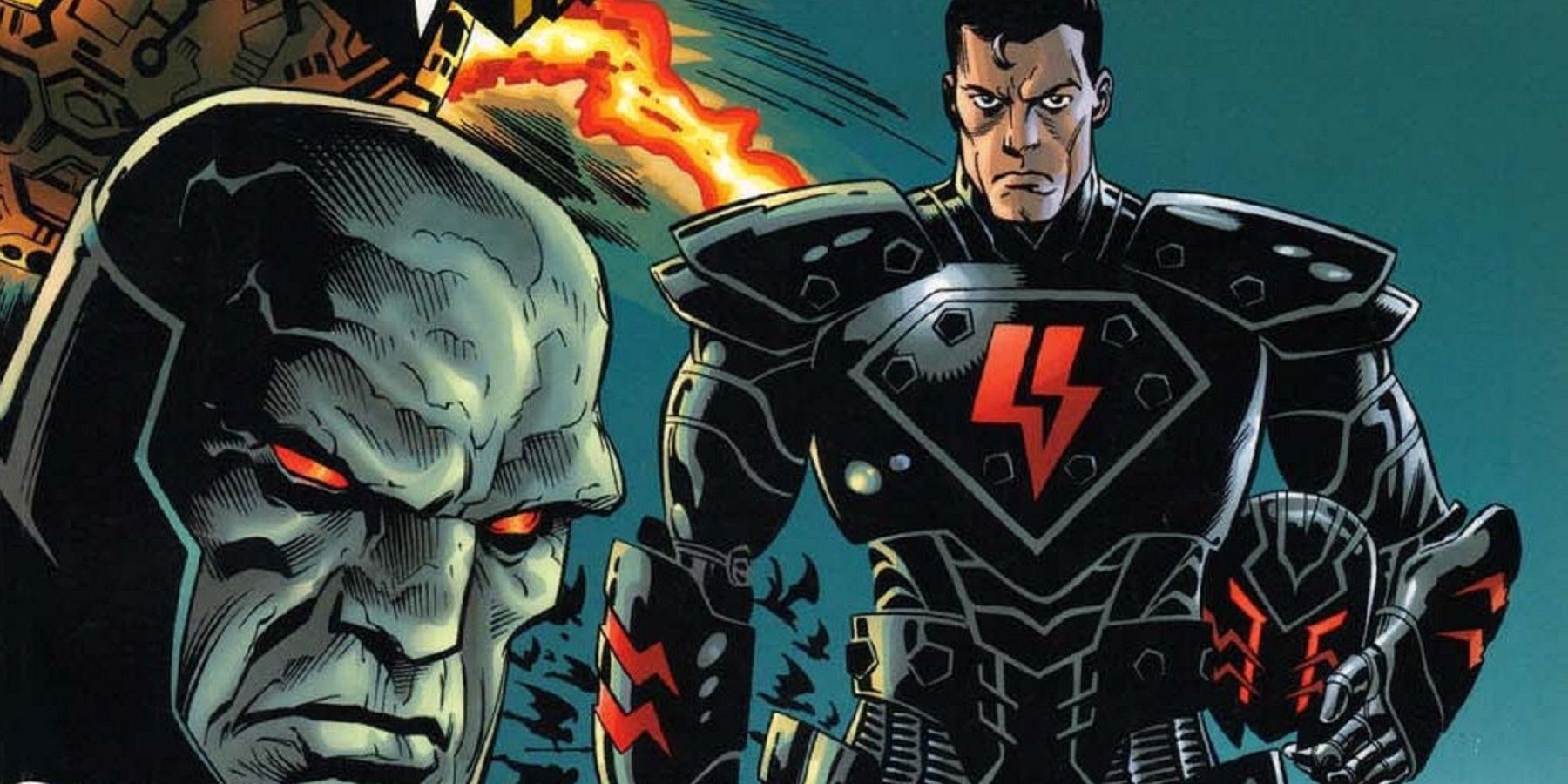
Superman: The Dark Side shares elements with the series finale of Superman: The Animated Series, and it’s interesting from the perspective of Kal-El’s world being flipped. Still, it’s a more than morbid direction for the character that the DCU will avoid. This is especially the case given that a Darkseid-allied Superman was briefly seen in the “Knightmare Sequences” of the DC Extended Universe.
8. The JSA Kneeled Before Superman in The Liberty Files
Created by: Dan Jolley and Tony Harris
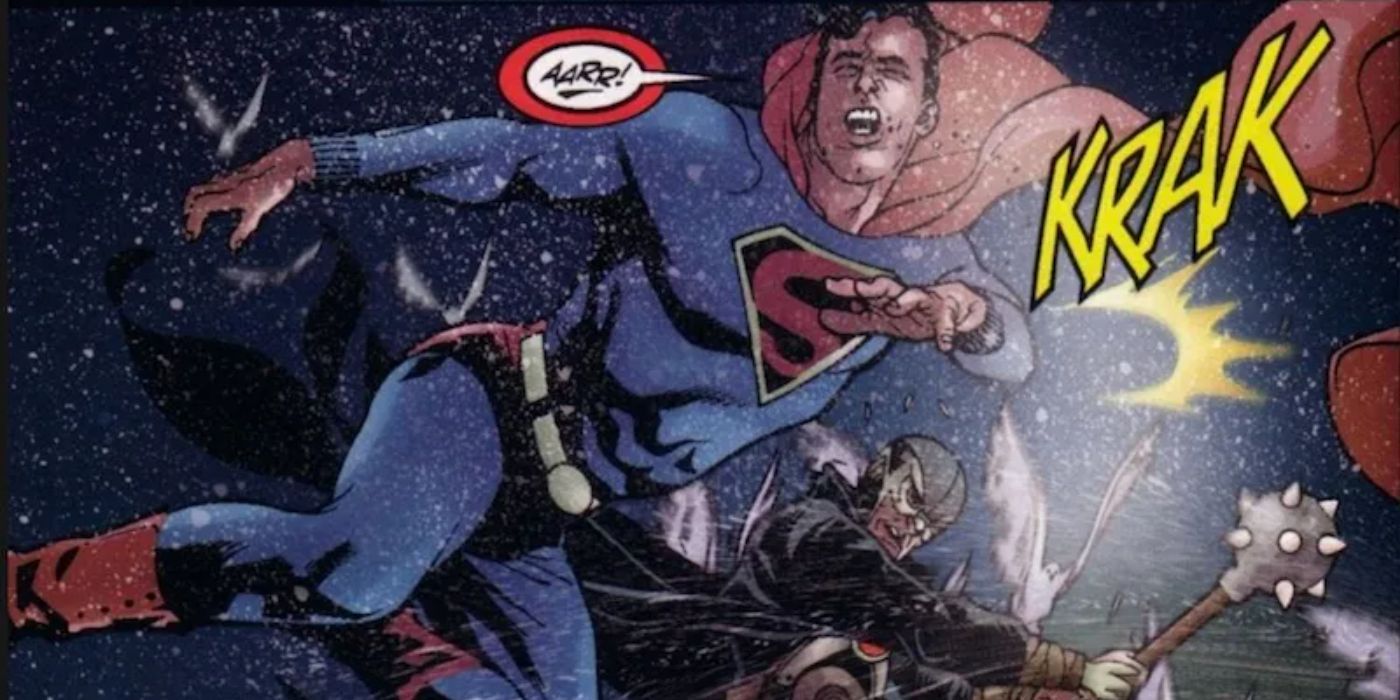
The JSA story is a dark one, especially since Superman is unnecessarily made into a villain, but none of the other heroes are. Thankfully, it’s firmly an Elseworlds, so the chances of it being part of the DCU are slim to none. Likewise, it’s unknown if General Zod will show up anytime soon in the new DC Universe, let alone take on the Superman identity for himself.
7. Adventures of Superman Annual 1991 Was Harsh Reality
Created by: Louise Simonson and Bryan Hitch
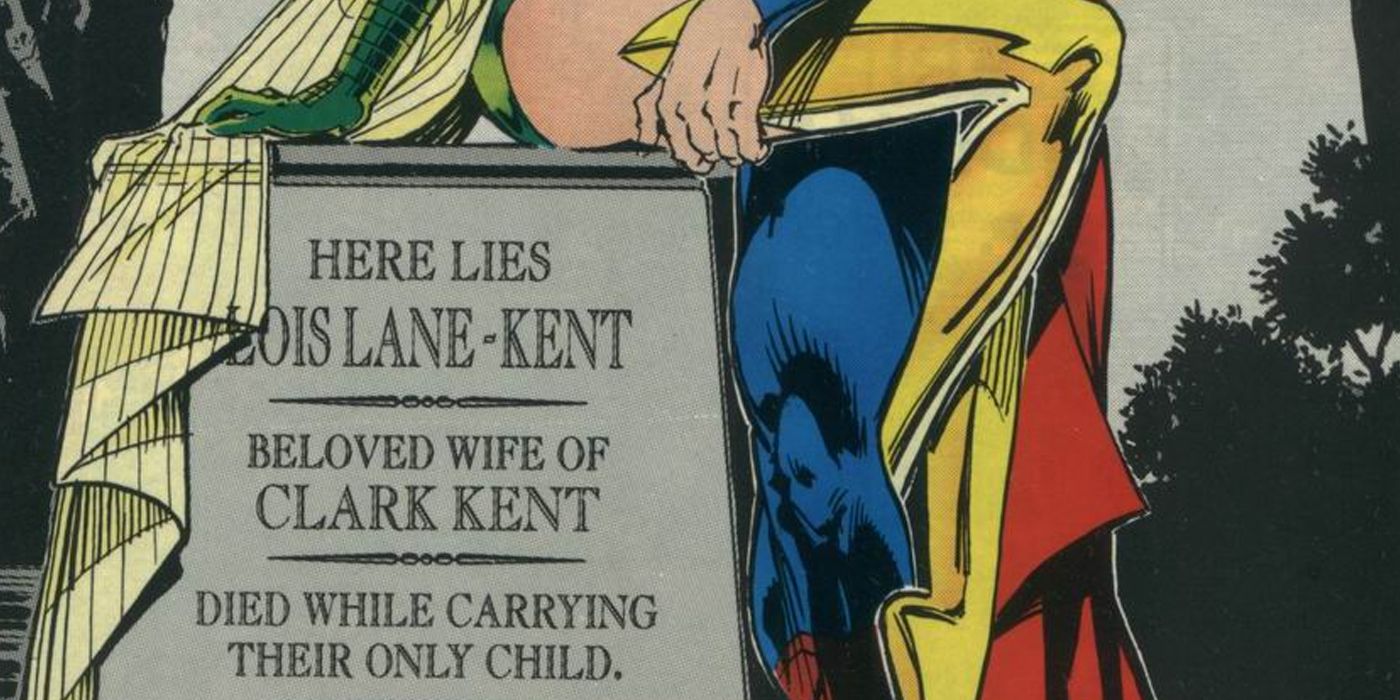
Adventures of Superman was a tertiary title for the Man of Steel in the 1990s, and some of its special “annual” issues were Elseworlds set in the equivalent of Marvel’s What If? comic books. One was the 1991 annual, which gave a grim look at Superman’s love life. Superman formed a romance with Maxima, but this comes only after the tragic death of his previous wife, Lois.
Lois’ death was caused when she was accidentally killed by her son, with her and Superman’s child kicking her with its strength in the womb. Foreshadowing the Injustice world in a way, this annual was an especially dour look at one of the best romances in comic books. It’s largely forgotten at this point, and it has no place in the future of the DCU and its take on Lois Lane and Clark Kent.
6. Infinite Crisis Was a Cynical Yearning for the Silver Age
Created by: Geoff Johns, Phil Jimenez, George Pérez, Ivan Reis and Jerry Ordway
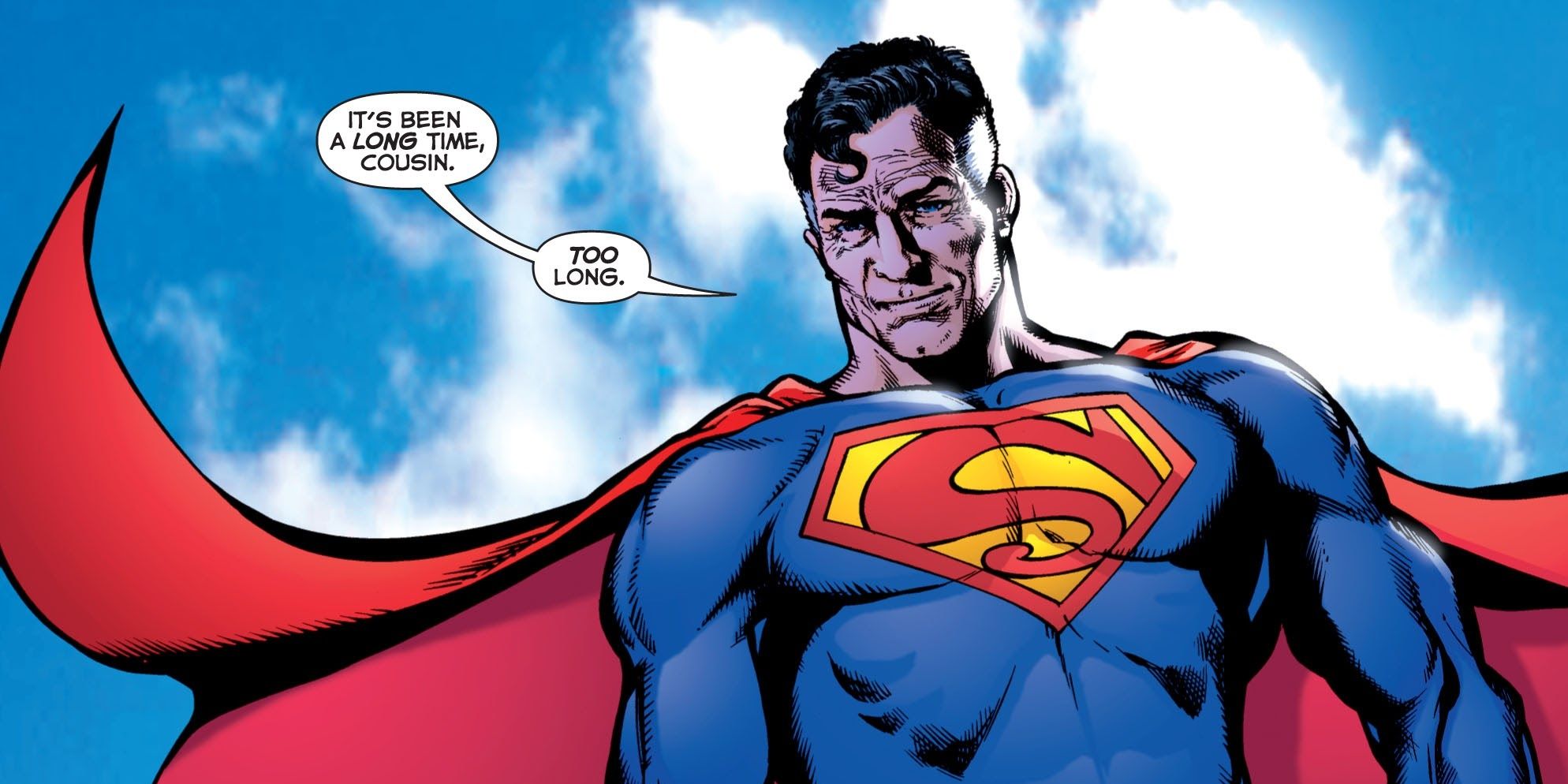
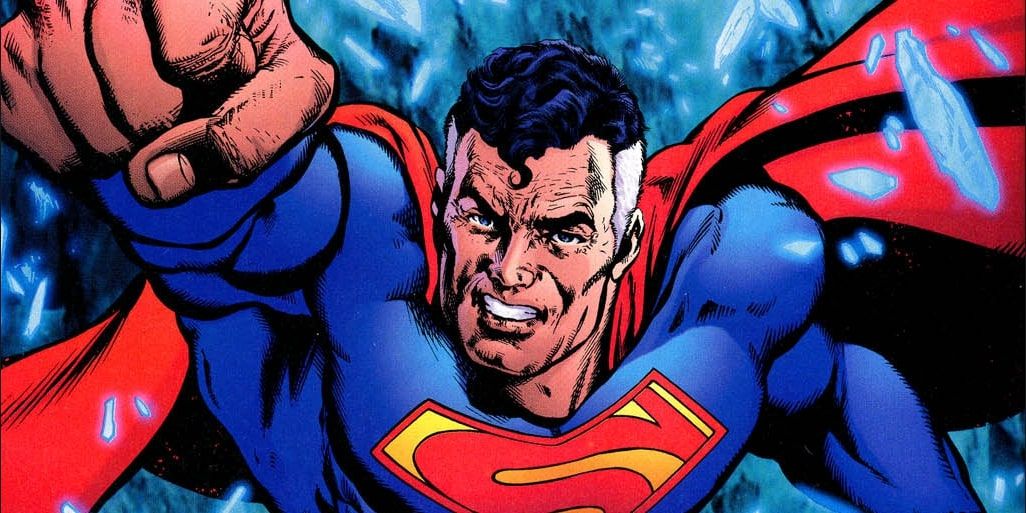
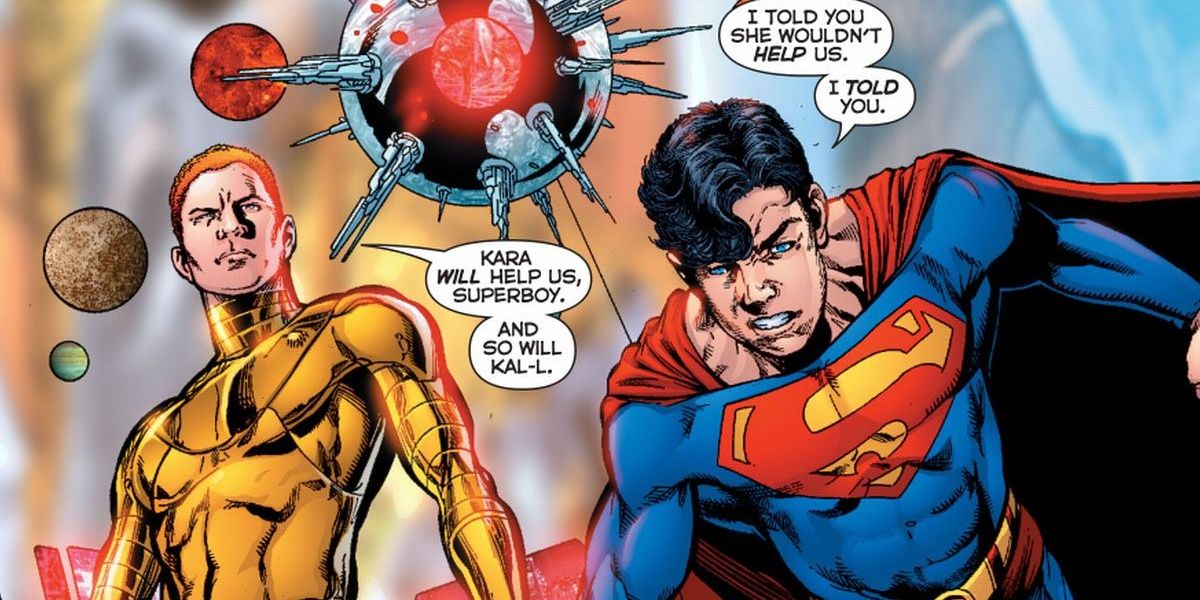
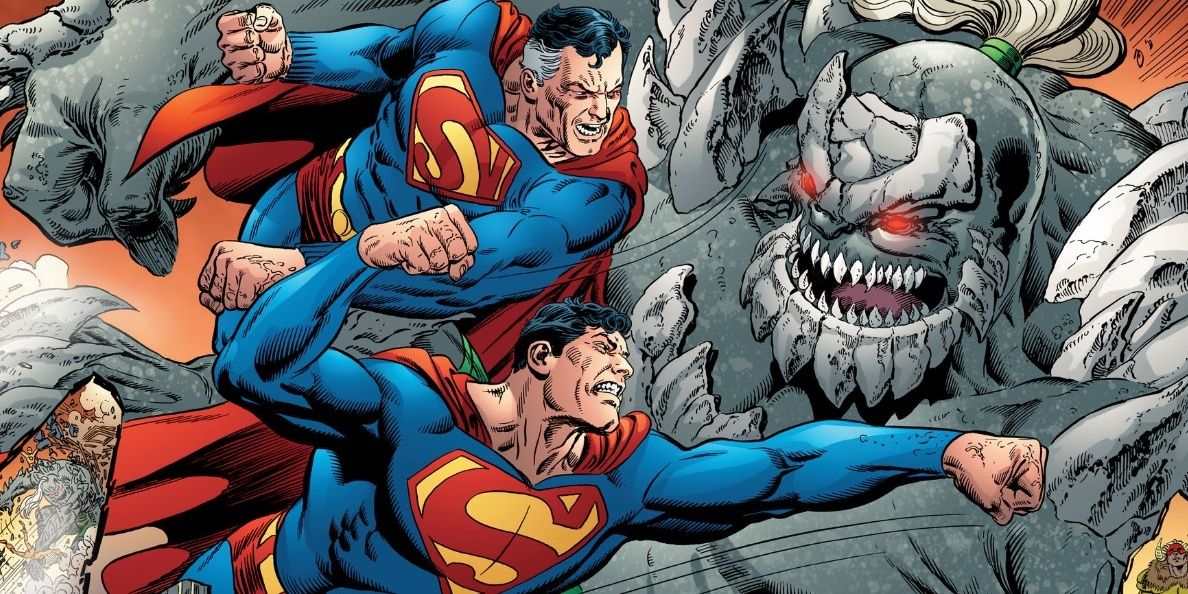
Infinite Crisis was the sequel to the legendary series Crisis on Infinite Earths, and whereas the latter destroyed the DC multiverse, the former restored it. The main antagonist was Superboy-Prime, a corrupted alternate Superman who violently sought to bring back the “good ol’ days” that the modern heroes had ruined. Likewise, even the heroic Golden Age Superman (Kal-L) was at one point an antagonist, noting how the heroes of the current DC Universe had “failed.”
5. Superman: Earth One Should Have Been the New 52
Created by: J. Michael Straczynski and Shane Davis
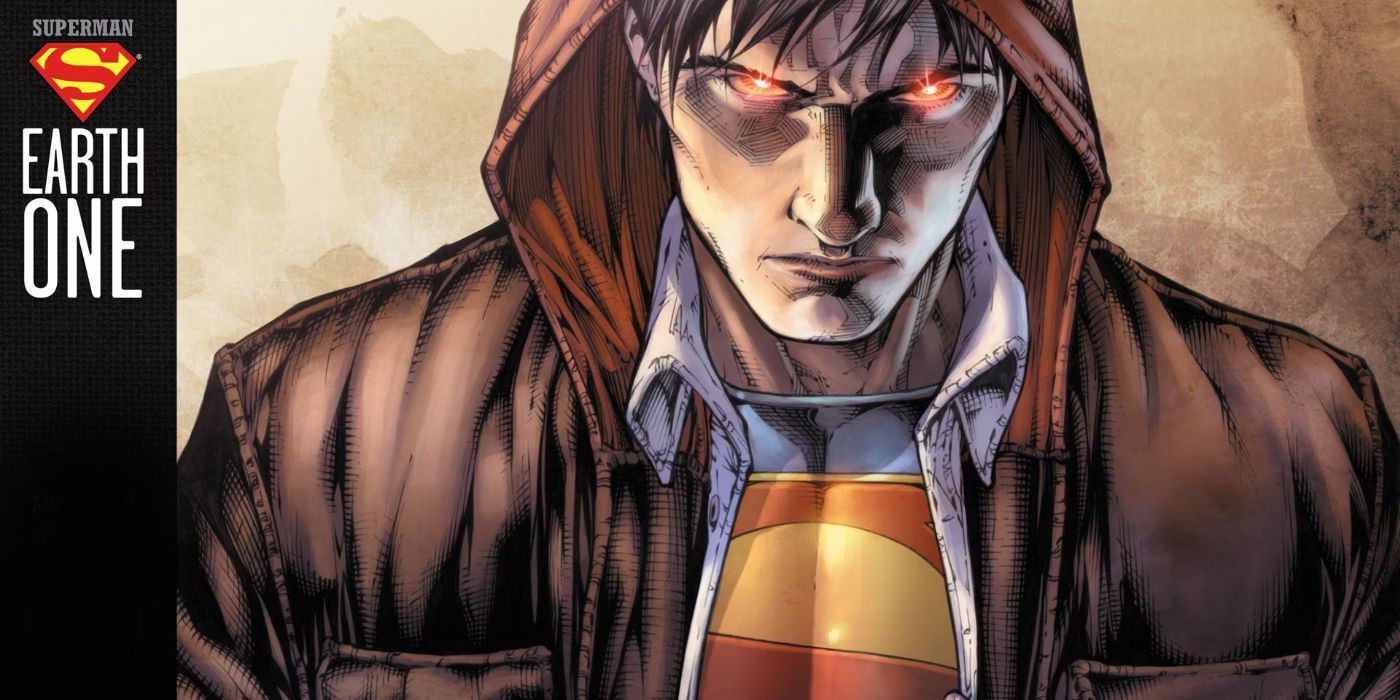
In the waning days of the pre-Flashpoint universe, Superman: Earth One was created to be a modernized take on the hero in the Ultimate Universe vein. Having a cinematic scope and seriousness, it was a chief inspiration for Zack Snyder’s Man of Steel. It also had a more aloof take on Superman, who wasn’t quite the smiling boy scout of older incarnations.
4. The Dark Knight Strikes Again Added Insult to Injury
Created by: Frank Miller and Lynn Varley
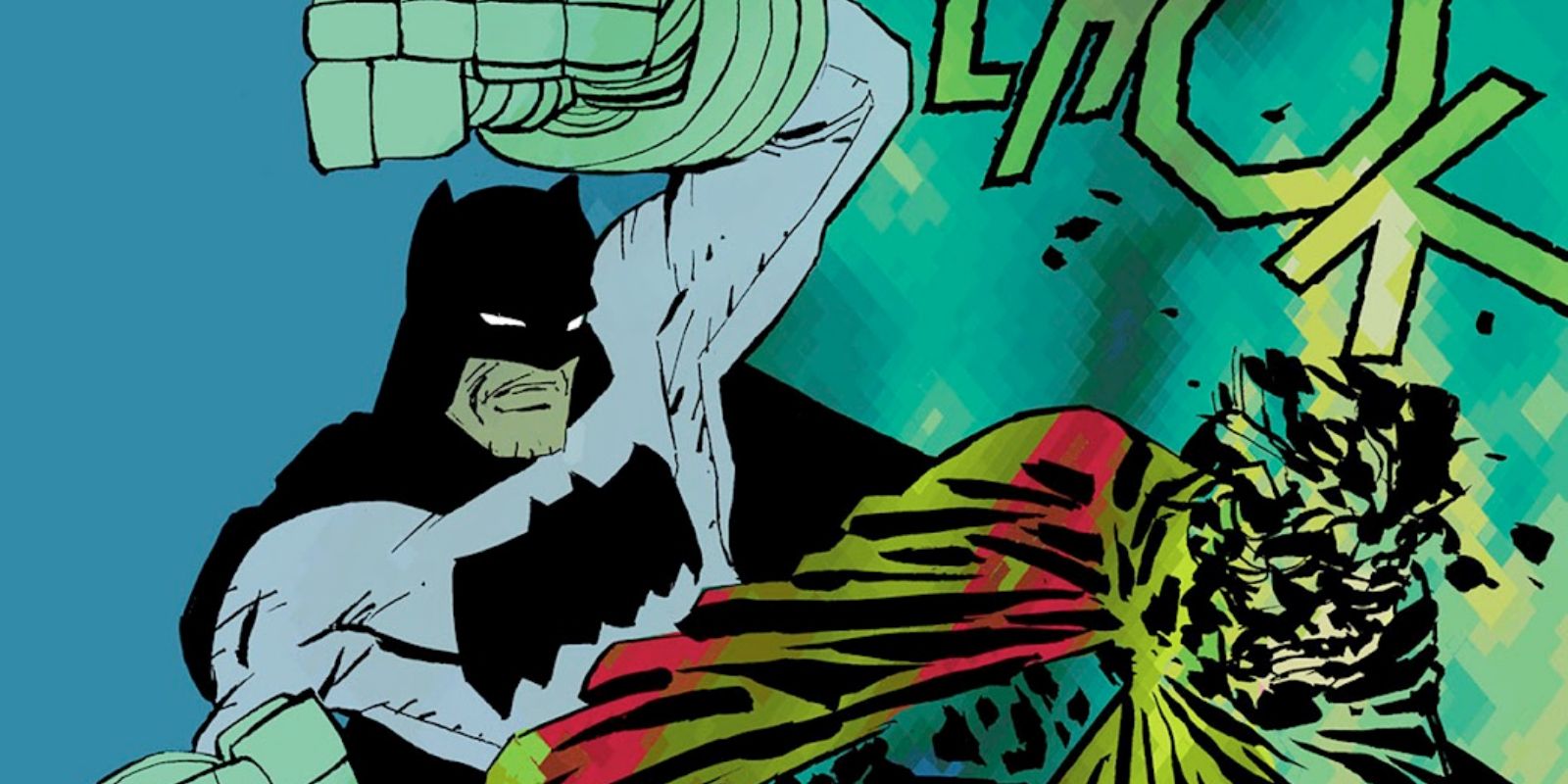
The Dark Knight Returns was a monumental series for DC, so it makes sense that there was eventually a sequel. This was The Dark Knight Strikes Again, which many saw as a major step down in quality. Signaling a downward trend in the reception of works by Frank Miller, the series was notable for its horrendous treatment of Superman.
3. For Tomorrow Is a Contemplative, Meandering Mess
Created by: Brian Azzarello and Jim Lee
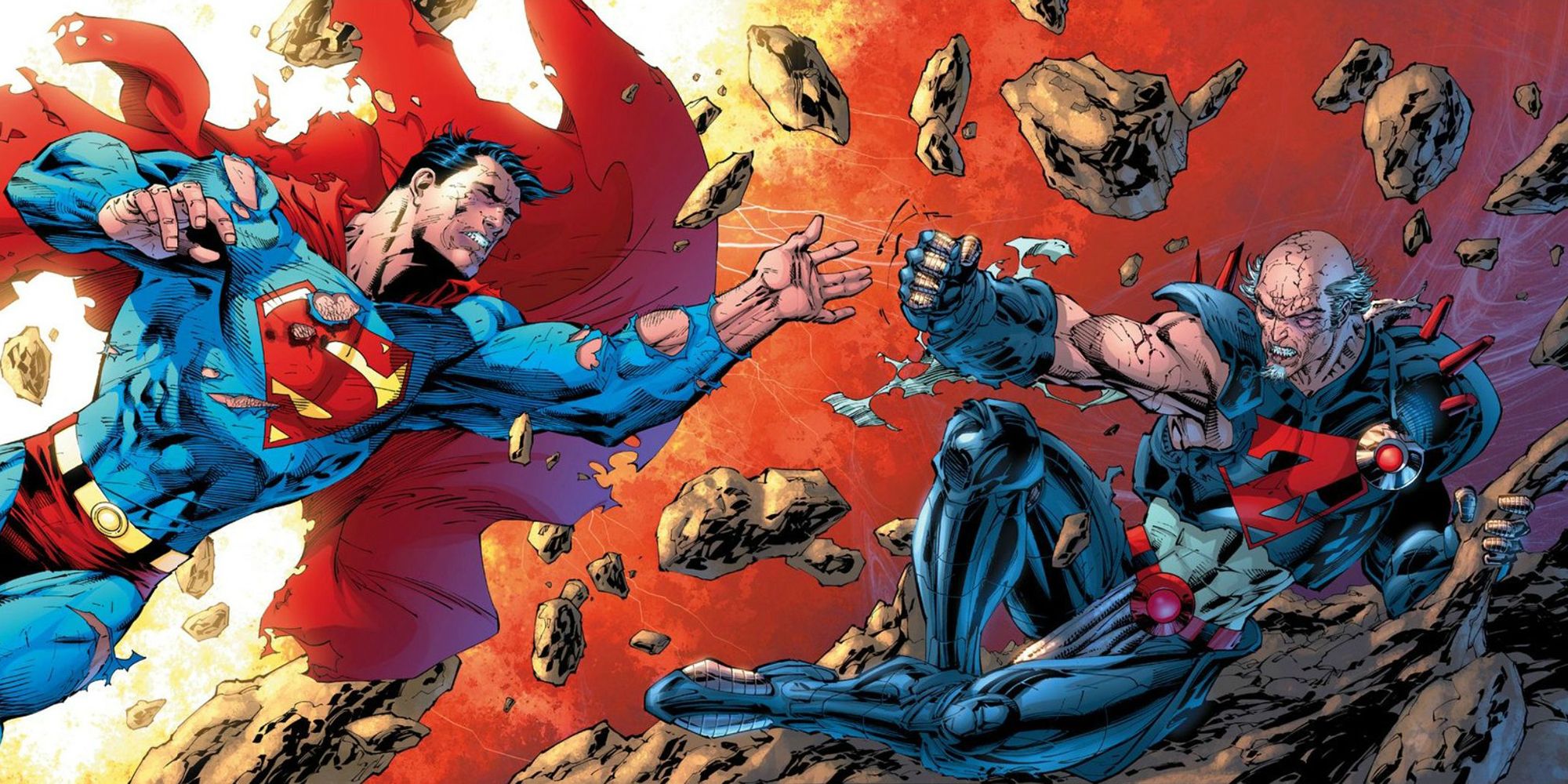
The 12-issue “For Tomorrow” story arc was a sibling run to concurrent Batman comics, with the issues being released after the success of fellow Jim Lee work, Batman: Hush. It sees Superman questioning his own morality after the disappearance of 1 million people, including Lois Lane. The series featured great art and epic battles against allies such as Wonder Woman and a newer version of General Zod.
2. The Dark Knight Returns Upset DC’s Order
Created by: Frank Miller, Klaus Janson and Lynn Varley
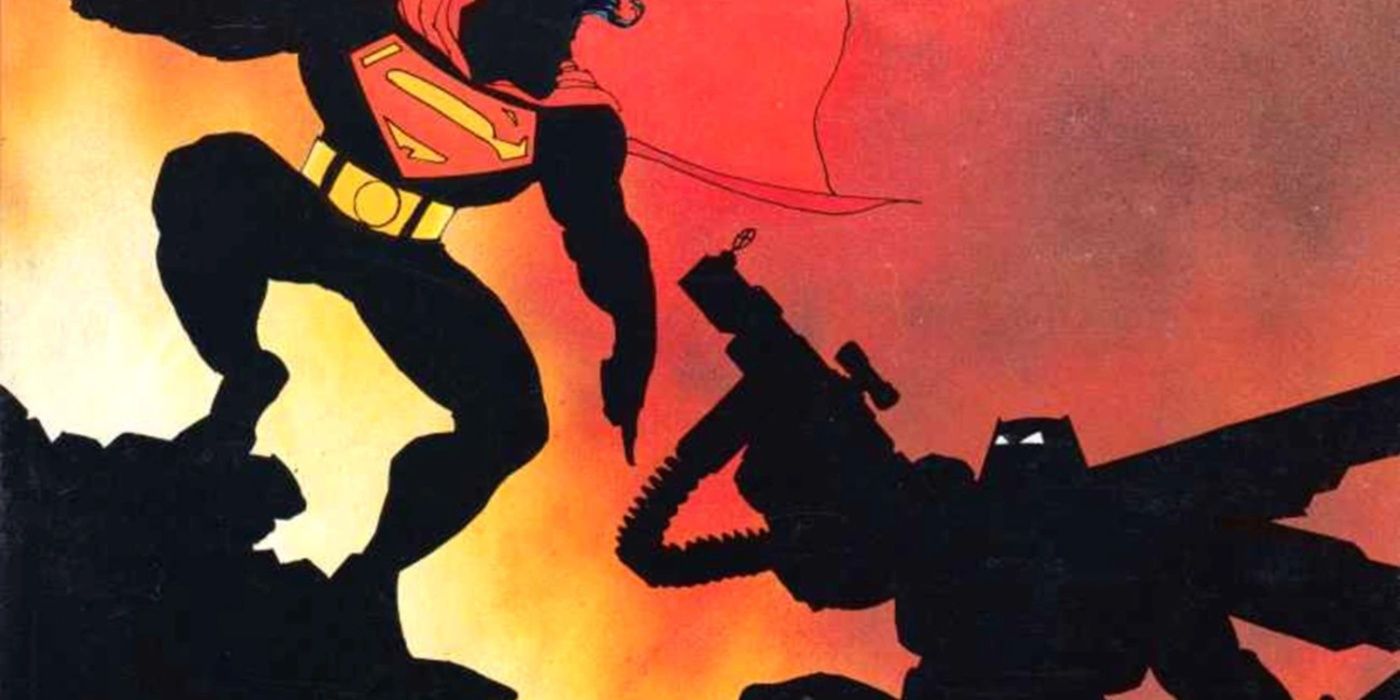
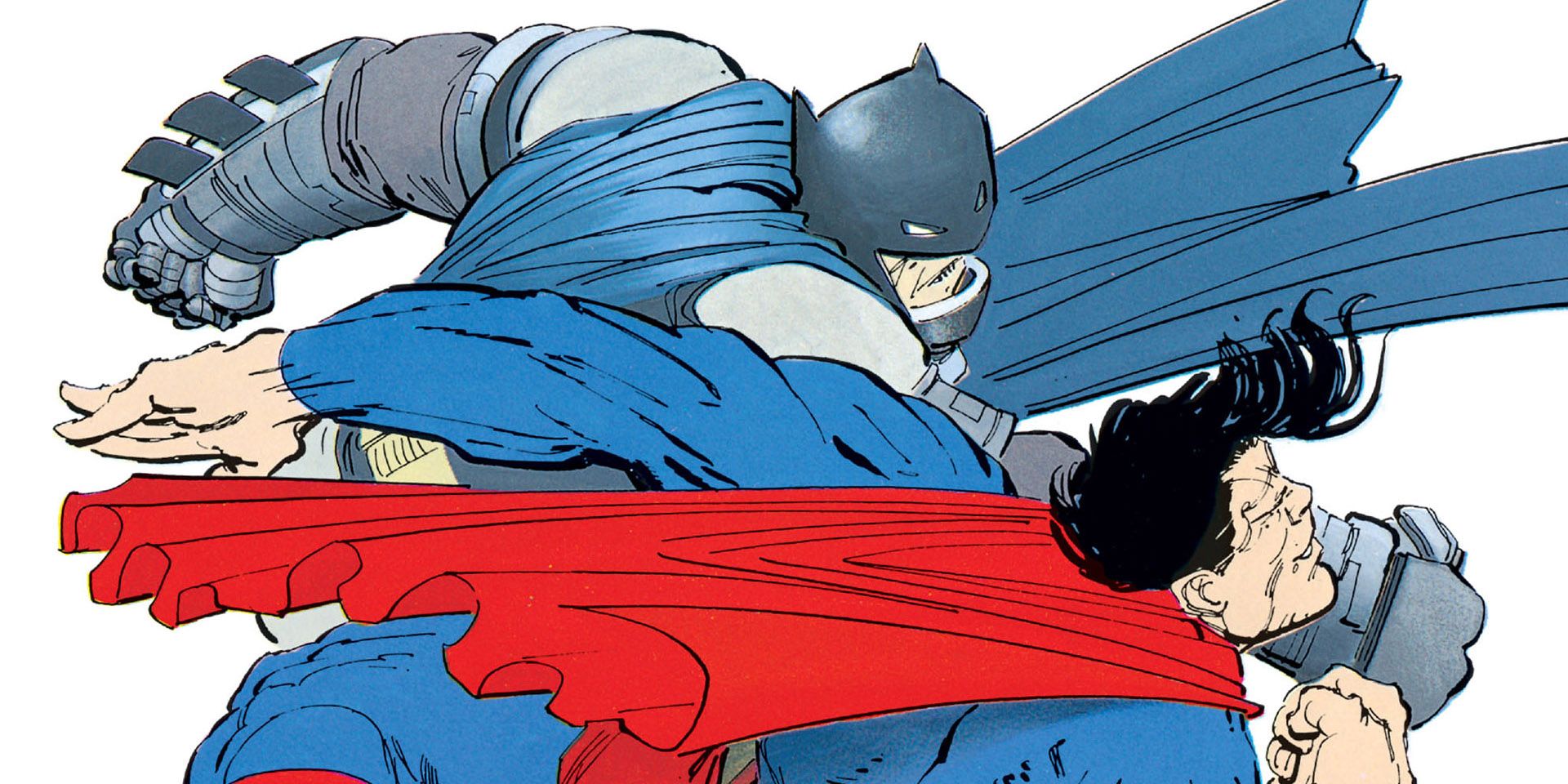
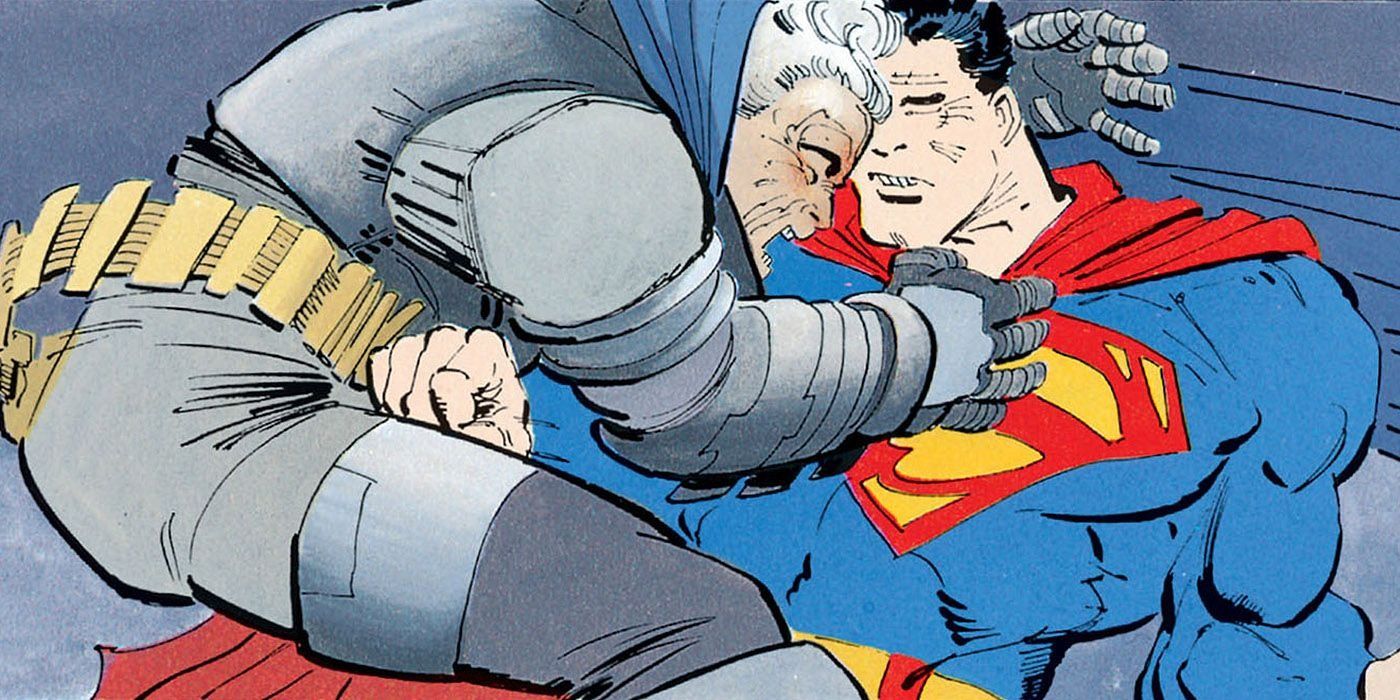
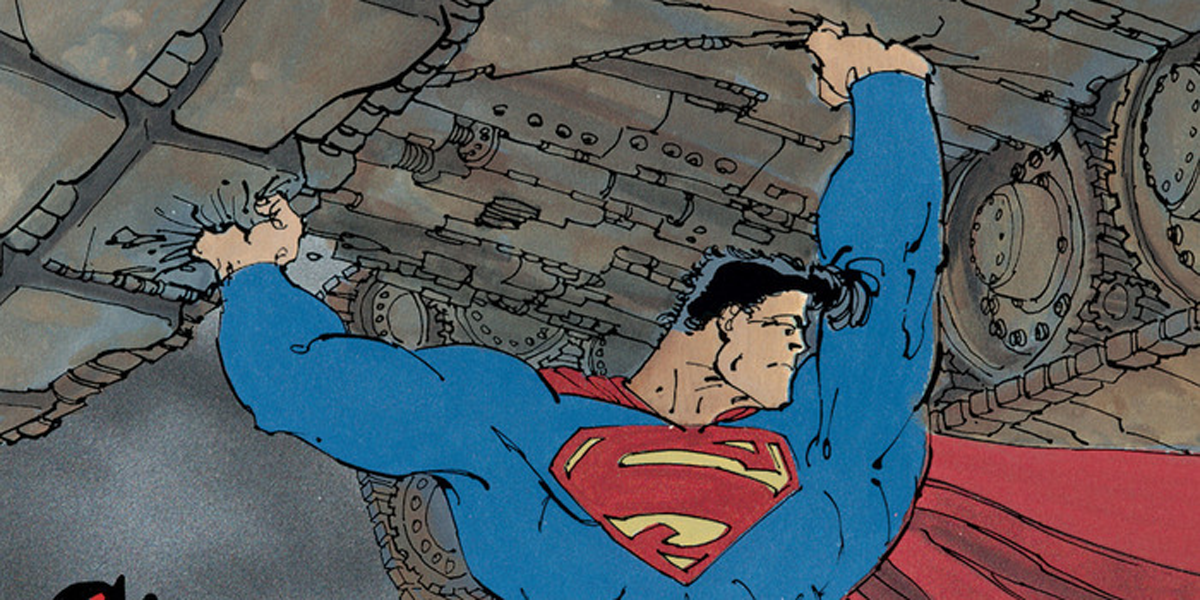
The Dark Knight Returns made Superman into a government stooge, eventually beaten and humiliated by Batman in a now infamous fight. The general sentiment likely greatly impacted the Man of Steel’s place in the comic book paradigm. Elements were used in Batman v Superman: Dawn of Justice, a highly contentious movie. At this point, it’s best left completely abandoned beyond its continued evergreen sales, and DC (both in the comics and the DCU movies) needs to work to reverse its damage and put Superman back on top in the hierarchy of power.
1. Injustice Is the Worst Superman Story Ever
Created by: Tom Taylor, Brian Buccellato, Jheremy Raapack, Mike S. Miller, Bruno Redondo, Tom Derenick and Others
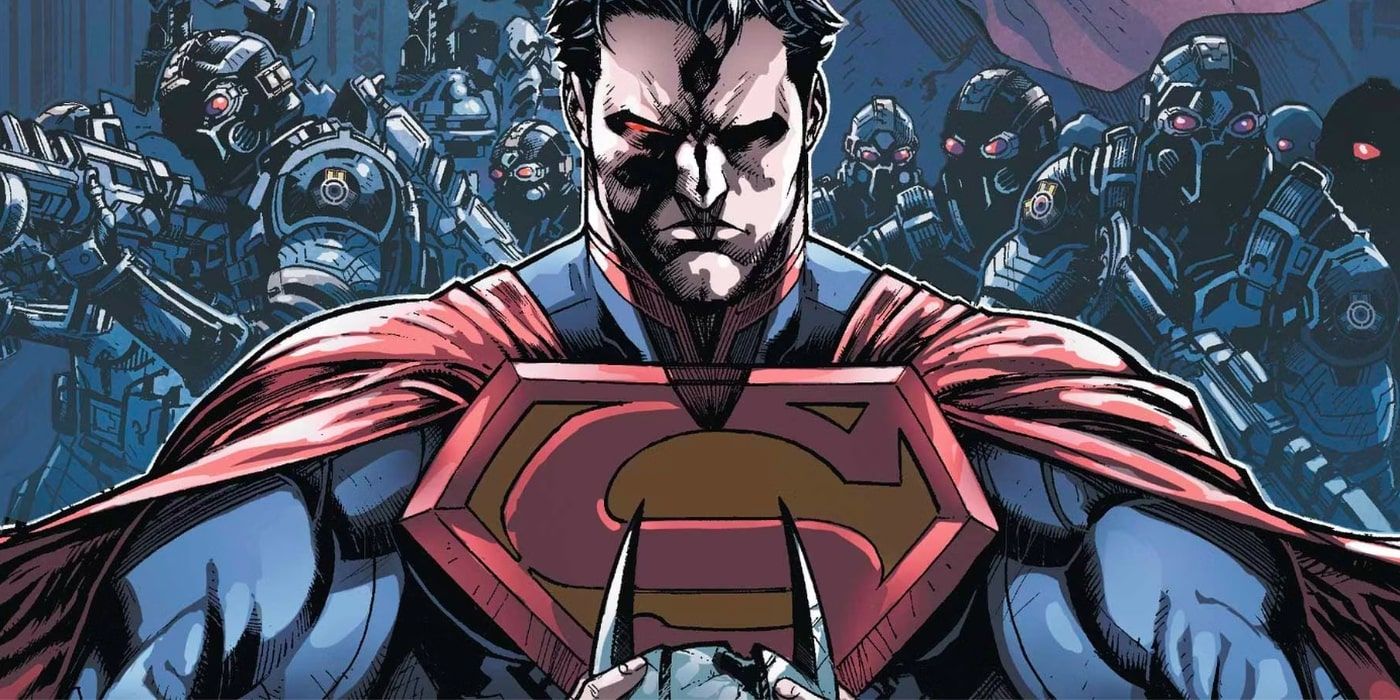
Based on the video game of the same name, the Injustice comic books showcased a dark world in which Superman became a tyrant. This happened after The Joker tricked him into accidentally demolishing Metropolis and killing his wife, who he thought was Doomsday. Killing the Clown Prince of Crime in retaliation, Superman went on a dark and brutal path.
Injustice was another excuse to showcase an evil Superman, and the comics are no different. Filled with plot contrivances and jarring characterization, it’s the last series that should be used for any influence on the DCU. While the comics have their fans, they’re also a reminder of a dark era in how DC handled the Last Son of Krypton.





